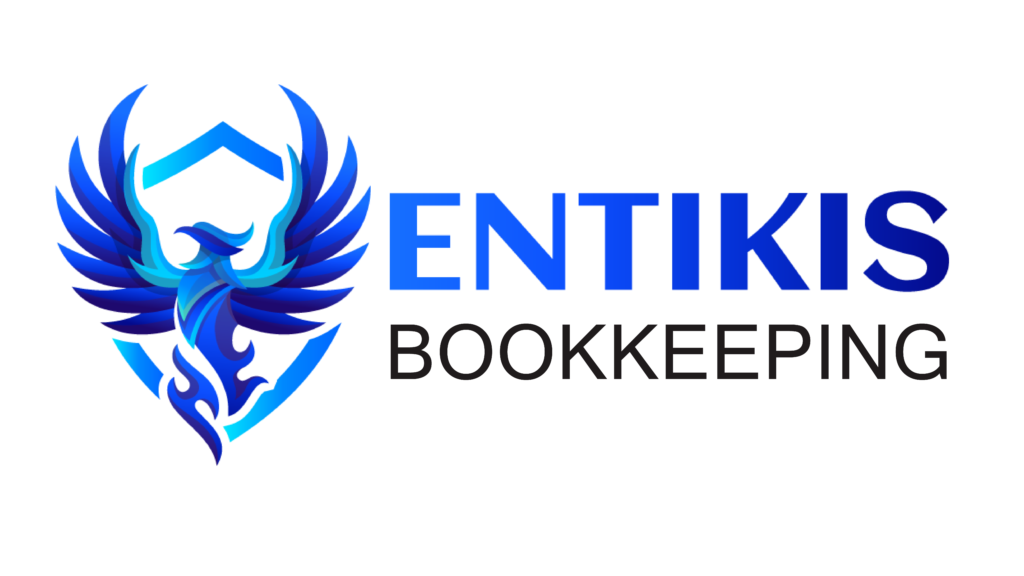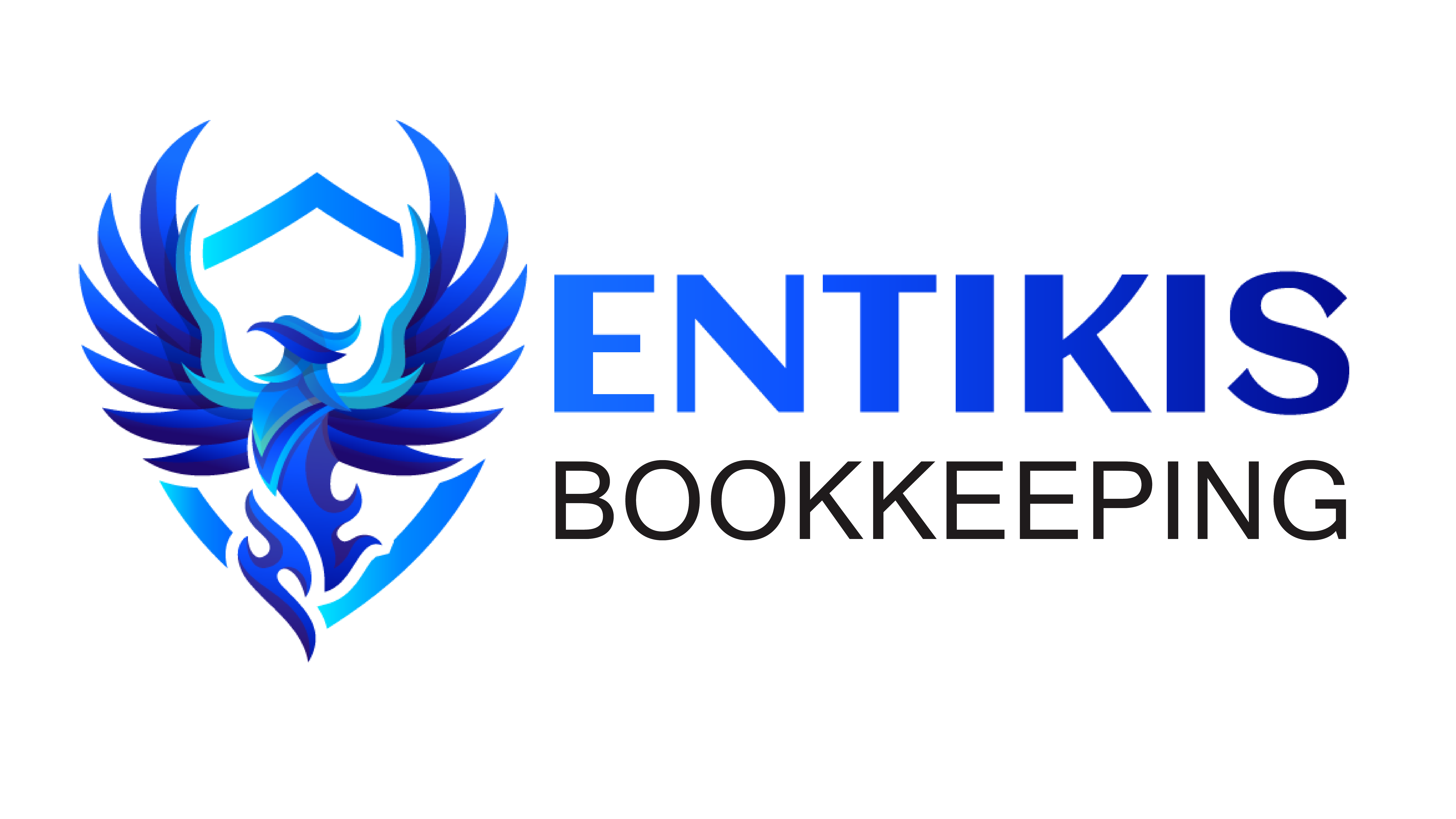Bookkeeping is the foundation of accurate tax preparation for businesses in Fort Worth, Texas, and the Dallas-Fort Worth area. Understanding the difference between tax credits and tax deductions is essential for reducing your tax liability and maximizing your savings. With the right bookkeeper, you can track eligible deductions, claim valuable credits, and ensure compliance with tax laws.
In this guide, we’ll break down tax credits vs. tax deductions, explain how they impact your bottom line, and highlight why working with a professional bookkeeping service is key to keeping your finances in order.
If you’re in Fort Worth, Texas, or the greater Dallas-Fort Worth area, keeping your finances in check is even more important with ever-changing tax regulations.
Here’s what you need to know to stay informed and make smart decisions.
What Are Tax Deductions?
Tax deductions reduce the amount of your taxable income, which ultimately lowers the amount of tax you owe. Think of deductions as expenses that the IRS allows you to subtract from your total income, thus decreasing your taxable amount. For a comprehensive list of deductions you may qualify for, visit the IRS Guide on Tax Deductions.
Some common deductions for businesses and individuals include:
- Home Office Expenses – For business owners or self-employed individuals who work from home.
- Vehicle Mileage – If you use your personal vehicle for business purposes, you can deduct mileage expenses.
- Charitable Donations – Contributions to qualified charities can reduce your taxable income.
- Medical and Dental Expenses – These can also be deducted if they exceed a certain percentage of your income.
For example, if your taxable income is $70,000 and you qualify for $10,000 in deductions, your taxable income will be reduced to $60,000. The lower your taxable income, the less you owe in taxes.
What Are Tax Credits?
Tax credits, on the other hand, directly reduce the amount of tax you owe—dollar for dollar. Unlike deductions, which reduce your taxable income, tax credits provide a more immediate impact on your tax bill.
There are two types of tax credits:
- Refundable Tax Credits – These can reduce your tax liability below zero, meaning you may receive a refund for the difference.
- Non-Refundable Tax Credits – These can reduce your tax bill to zero, but you won’t receive any additional refund beyond that point.
Common examples of tax credits include:
- Child Tax Credit – For taxpayers with qualifying dependents.
- Earned Income Tax Credit (EITC) – For low-to-moderate income earners.
- Education Credits – Such as the American Opportunity Credit or the Lifetime Learning Credit.
- Energy Efficiency Credits – For installing energy-efficient systems in your home or business.
If you owe $5,000 in taxes and qualify for a $1,500 tax credit, your tax bill is reduced to $3,500. The benefit here is clear: tax credits have a more direct and significant impact on reducing the amount you owe.
Tax Credits vs. Deductions: Which Is Better?
Both tax credits and deductions offer valuable savings, but the “better” option depends on your specific financial situation. Generally, tax credits provide more savings since they reduce your tax liability dollar for dollar. However, deductions are still extremely valuable, especially if you have significant business expenses that reduce your taxable income.
A smart tax preparation strategy will combine both deductions and credits to maximize savings. This is where working with a professional bookkeeper in Fort Worth, Texas, can help. Keeping track of all eligible deductions and credits throughout the year can be tricky, especially if you’re managing a business.
Why Professional Bookkeeping Matters
Effective tax preparation isn’t just about showing up in April with a stack of receipts. It’s about keeping your books organized year-round and identifying opportunities to save on taxes. A professional bookkeeper ensures that your financial records are accurate, up-to-date, and compliant with current tax regulations. This not only saves you time and stress but also helps you avoid costly mistakes.
For businesses in Fort Worth, Burleson, and across the Tarrant County metroplex, partnering with a local bookkeeping service like Entikis Bookkeeping means you’ll have the personalized support you need to stay on track.
We understand the unique needs of small businesses in Dallas-Fort Worth, and we’re here to help you navigate the complexities of tax preparation while keeping your financial goals in mind.
Contact Entikis Bookkeeping Today!
If you are looking for professional bookkeeping services, please contact us at Admin@Entikis.Com or 817-415-1715 to learn more about how Entikis Bookkeeping can support your journey to success! Located at 640 Taylor St Suite, Fort Worth, TX, United States, we offer professional bookkeeping services for businesses in Burleson, Fort Worth, and the surrounding Tarrant County metroplex.
With our experience and commitment to professional communication, we’ll ensure your books receive the attention they deserve.




